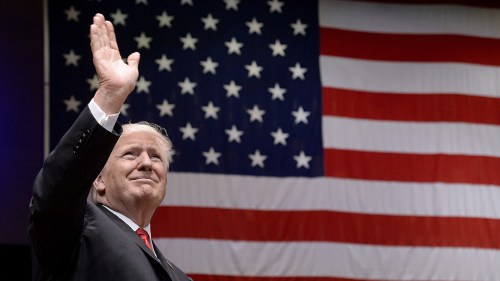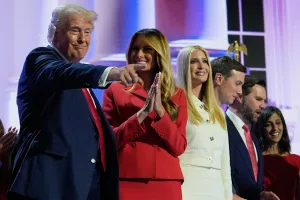Judge strikes down North Carolina felon voting law
A federal judge has struck down a North Carolina law criminalizing voting for people with felony convictions.
The law, originally passed in 1877, made it a Class I felony for people who vote in North Carolina without having their rights restored.
But on Monday, U.S. District Judge Loretta Biggs wrote that the law “was enacted with discriminatory intent, has not been cleansed of its discriminatory taint, and continues to disproportionately impact Black voters.”
Although Black Americans make up about 13 percent of the U.S. population, one-third of Black men have at least one felony conviction, according to a 2017 report.
Black North Carolinians account for nearly 53 percent of the state’s prison population — though they make up only 21.5 percent of North Carolina’s overall adult population, according to a 2016 report from the nonpartisan racial justice organization NC CRED.
In 2020, the North Carolina A. Philip Randolph Institute Inc. and Action NC brought the suit to court, arguing the law violated the Constitution’s equal protection clause by targeting Black voters.
Voting rights have become a major topic of concern for Black leaders, including the Congressional Black Caucus, ahead of the 2024 election.
Advocates have expressed concerns that voter suppression tactics disproportionately affect Black Americans from exercising their right to vote.
The North Carolina Constitution bans felons from voting unless their rights have been restored by state law, though a law passed last year clarified that only those who knew their rights had not been restored could be charged with a new felony.
But Biggs on Monday pointed out the law’s potential for arbitrary enforcement.
“Record evidence demonstrating this inconsistency in District Attorneys’ interpretation and enforcement of the Challenged Statute — that some believed that the Challenged Statute included a requirement of intent while others did not — compels the conclusion that the Challenged Statute permits a ‘standardless sweep’ that allows prosecutors to ‘pursue their personal predilections’ under the Challenged Statute,” Biggs wrote.
It’s unclear how the ruling could impact November’s election.
Copyright 2024 Nexstar Media Inc. All rights reserved. This material may not be published, broadcast, rewritten, or redistributed..













